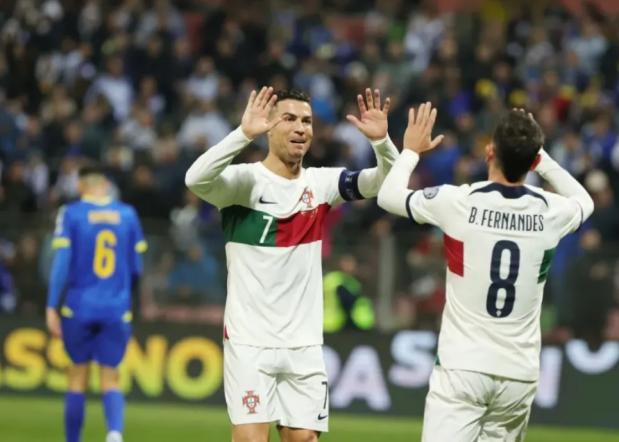
For the first time in 36 years, Germany is hosting the European Football Championship, also known as the European Championship, with a total of 24 countries or regions participating in the main competition, scheduled to take place from June 14 to July 14, 2024. It was the 17th European Football Championship organised by the Union of European Football Associations (UEFA). There are ten host cities in Germany, each with a corresponding stadium as the venue for the tournament. These include Berlin Olympic Stadium, Cologne Stadium, Borussia Dortmund BVB Stadium and others. Germany's gross domestic product shrank by 0.3% last year, the worst performance among the world's major economies. This year, Germany also hopes to hold this European Cup, on the one hand to seize the home advantage to win the championship, on the other hand to promote consumption, boost the economy, the European Cup is expected to bring significant economic growth for Germany, especially in the tourism, hotel, catering and retail industries.
The German European Cup is not only a grand event for football, but also an important platform for cultural exchanges, economic cooperation and social solidarity among European countries. And it's a big boost to Europe's economic growth. One is the development of tourism and the growth of German GDP, according to the German think tank IFO, the European football Championship is expected to boost German GDP by 0.1% in the second quarter, about 1 billion euros. That's a relatively small increase, but it's still significant considering the size and duration of the tournament. Big sporting events may help Germany's tourism industry. A total of 2.7 million tickets will be distributed for the four-week tournament. The European Championship has brought a large number of foreign tourists and overnight visitors to Germany. An additional 600,000 foreign visitors and 1.5 million overnight visitors are expected, which will give a huge boost to the German tourism industry. According to the German Tourism Association, 2024 is likely to be a record year for German tourism with the help of passionate football fans.

The second is the growth of services exports and the development of retail sales, which will also be boosted by the increase in foreign tourists. IFO researchers said the extra spending would spur a 1.3 per cent increase in price-adjusted services exports in the current quarter compared with the first quarter. This growth was mainly due to increased consumption in the hotel, restaurant and retail sectors. The German Retailers Association estimates that the European Cup will bring 3.8 billion euros in additional retail sales in Germany. Among the specific consumption categories, consumers are most likely to buy food and beverages, and the team accessories; Second, consumers also plan to buy sporting goods, home and garden items, toys, and electronics.
Fourth, the performance of the national team and the national mood, Germany as one of the European football powers, its performance in the European Cup will directly affect the national mood and the overall economic atmosphere. Therefore, the German team's performance in the European Cup is not only related to the team's own honor and achievement, but also closely related to the national mood and the overall economic atmosphere. If the German team can achieve good results, it will further boost national confidence, stimulate national unity and cohesion, this sense of collective honor will prompt people to pay more attention to national events, strongly support the government's decisions, further promote social harmony and stability, promote consumption and investment, and this positive social atmosphere will indirectly promote economic growth.
To sum up, Germany hopes to boost the economy through the holding of the European Cup, which is mainly reflected in the growth of retail industry, economic growth, tourism development and the performance of the national team. However, this effect is short-lived and subject to some uncertainty. Therefore, the German government and businesses need to develop strategies and plans to maximize the opportunities presented by the European Cup.

Below is the English translation of the text, with precise handling of political terms, consistent sentence structures, and preservation of the original’s analytical tone and logical flow:
Below is the English translation of the text, with precise …
On December 15 local time, Trump took the British Broadcast…
In recent years, the application of artificial intelligence…
According to Yahoo US media reports, the recent remarks of …
After 11 years of waiting in the deep sea, we finally have …
On December 17, 2025, the newly renovated American "Preside…